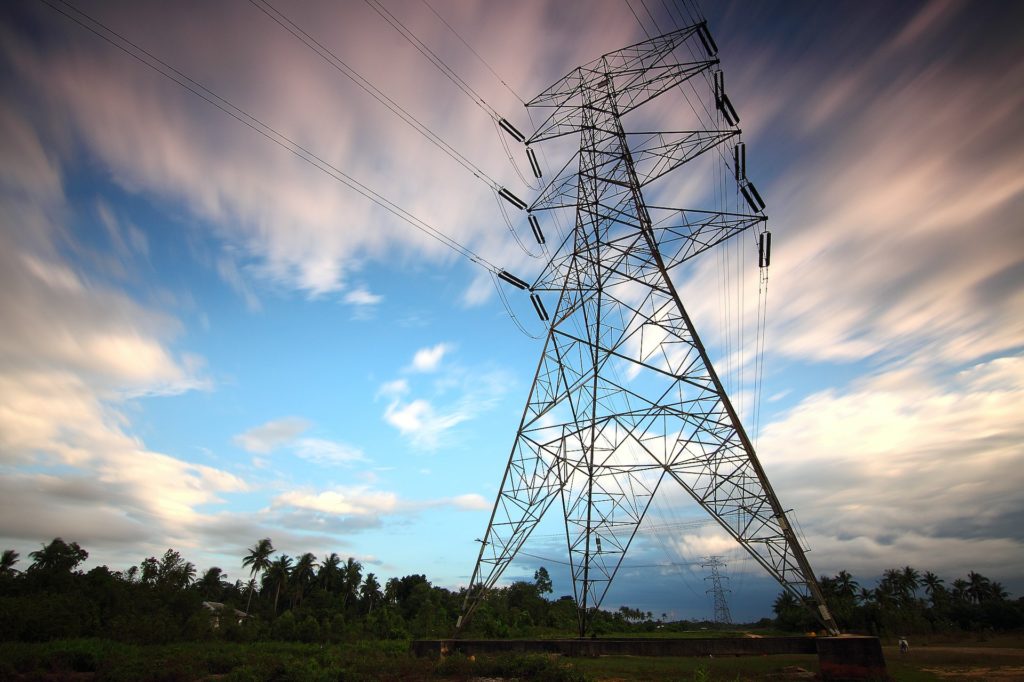Mechanical engineering plays a crucial role in the field of energy conservation. It involves designing, developing, and implementing energy-efficient technologies to reduce energy consumption and promote sustainable practices. There are several ways in which mechanical engineering can help with energy conservation, including building energy audits, utility monitoring, energy conservation measure design, and utility usage assessments. In this article, we will discuss these four ways in more detail.
- Building Energy Audits
Building energy audits are an essential component of energy conservation. They involve evaluating a building’s energy consumption patterns, identifying areas of inefficiency, and recommending strategies for improvement. Mechanical engineers are well-equipped to conduct building energy audits, as they deeply understand the systems and processes that drive a building’s energy use.
During a building energy audit, mechanical engineers assess the heating, ventilation, and air conditioning (HVAC) systems, lighting systems, and building envelope. They use specialized equipment to measure energy consumption and identify areas of waste. Based on their findings, they recommend energy-efficient upgrades that can reduce energy consumption and lower utility costs.
- Utility Monitoring
Utility monitoring is another critical aspect of energy conservation. It involves tracking a building’s energy consumption patterns to identify areas of waste and inefficiency. Mechanical engineers are skilled in using advanced monitoring technologies to track energy consumption, identify energy-intensive systems and processes, and make recommendations for improvement.
Utility monitoring can help identify trends and patterns in energy use that can be used to optimize building performance. For example, if a particular system or process uses more energy than expected, it may be possible to adjust it to reduce energy consumption without compromising performance.
- Energy Conservation Measure Design
Energy conservation measure design involves developing energy-efficient technologies and strategies to reduce energy consumption and promote sustainability. Mechanical engineers are involved in every process stage, from concept development to implementation.
Mechanical engineers use advanced modeling and simulation tools to design and test energy-efficient systems and technologies. They evaluate the performance of these systems under various conditions to ensure that they effectively reduce energy consumption while maintaining performance standards.
Once the design phase is complete, mechanical engineers oversee installing and implementation of energy-efficient systems and technologies. They ensure that these systems are integrated into the building’s infrastructure and are functioning properly.
- Utility Usage Assessments
Utility usage assessments involve evaluating a building’s utility usage patterns to identify areas of waste and inefficiency. Mechanical engineers use specialized tools and technologies to assess energy consumption, identify energy-intensive systems and processes, and make recommendations for improvement.
During a utility usage assessment, mechanical engineers evaluate the energy consumption patterns of HVAC, lighting, and other building systems. They use advanced monitoring technologies to track energy consumption and identify waste areas. Based on their findings, they recommend energy-efficient upgrades that can reduce energy consumption and lower utility costs.
Mechanical engineering plays a critical role in energy conservation. Mechanical engineers can help reduce energy consumption, lower operating costs, and mitigate environmental impacts through building energy audits, utility monitoring, energy conservation, design, and utility usage assessments. By identifying inefficiencies and making recommendations for improvement, mechanical engineers can help organizations achieve their sustainability goals and contribute to a more sustainable future.



